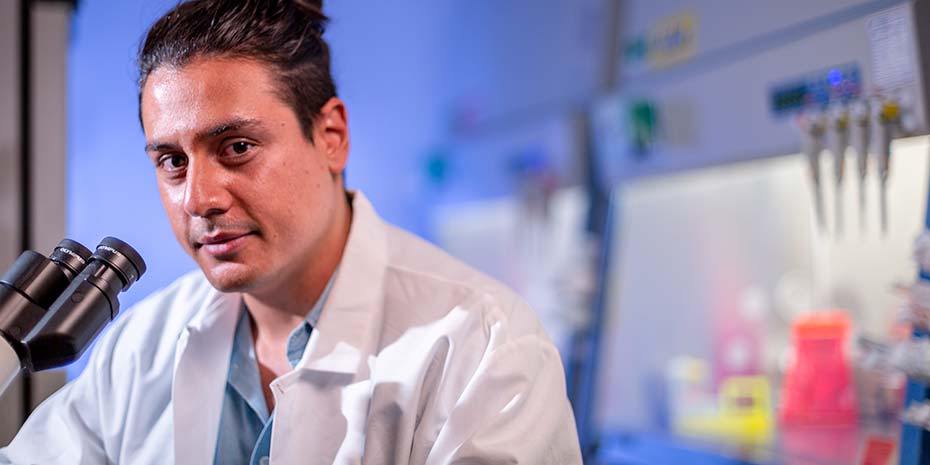
- This event has passed.
NBIO Presents: Dana Miller, PhD (University of Washington)

“Genetic and epigenetic regulation of H2S homeostasis in C. elegans”
Hydrogen sulfide (H2S) was once known primarily as a toxic gas with the smell of rotten eggs. However, H2S also has many roles as a cellular messenger that can promote survival in stressful conditions. Both endogenously produced and exogenously supplied H2S protect against cellular damage and death associated with ischemia/reperfusion injury in mammals. We use C. elegans to explore mechanisms of beneficial and toxic effects of H2S in animals. We have shown that C. elegans grown in 50 ppm H2S are long-lived and resistant to hypoxia-induced disruption of protein homeostasis, and that the early transcriptional response to H2S requires the C. elegans orthologue of the hypoxia-inducible transcription factor, hif-1. HIF-1 promotes survival in H2S, at least in part, by upregulating expression of sqrd-1, which encodes the sulfide-quinone oxidoreductase. SQRD-1 catalyzes the first step in the mitochondrial oxidation of H2S, the only known cellular pathway for H2S catabolism. We have found that exposure to H2S activates an epigenetic response that forms a transcriptional memory that enables the animals to survive subsequent exposure to otherwise lethal H2S. We have also identified a protein, RHY-1, that can promote H2S tolerance even in the absence of the hif-1-mediated transcriptional response or the sqrd-1-mediated H2S oxidation. RHY-1 is an integral- membrane ER protein with predicted acyltransferase (ACYL3) activity. The ACYL3 family is large and conserved across species from bacteria to primates, but the function of these enzymes is largely unstudied. We identified a novel methyltransferase, RIPS-1, that is specifically required for RHY-1 to promote survival in H2S using biotinylation by antibody recognition (BAR). Our preliminary genetic evidence suggests that cholinergic signaling is required for the protective effects of RHY-1 expression in H2S.
In Health Sciences G-328 and on Zoom



